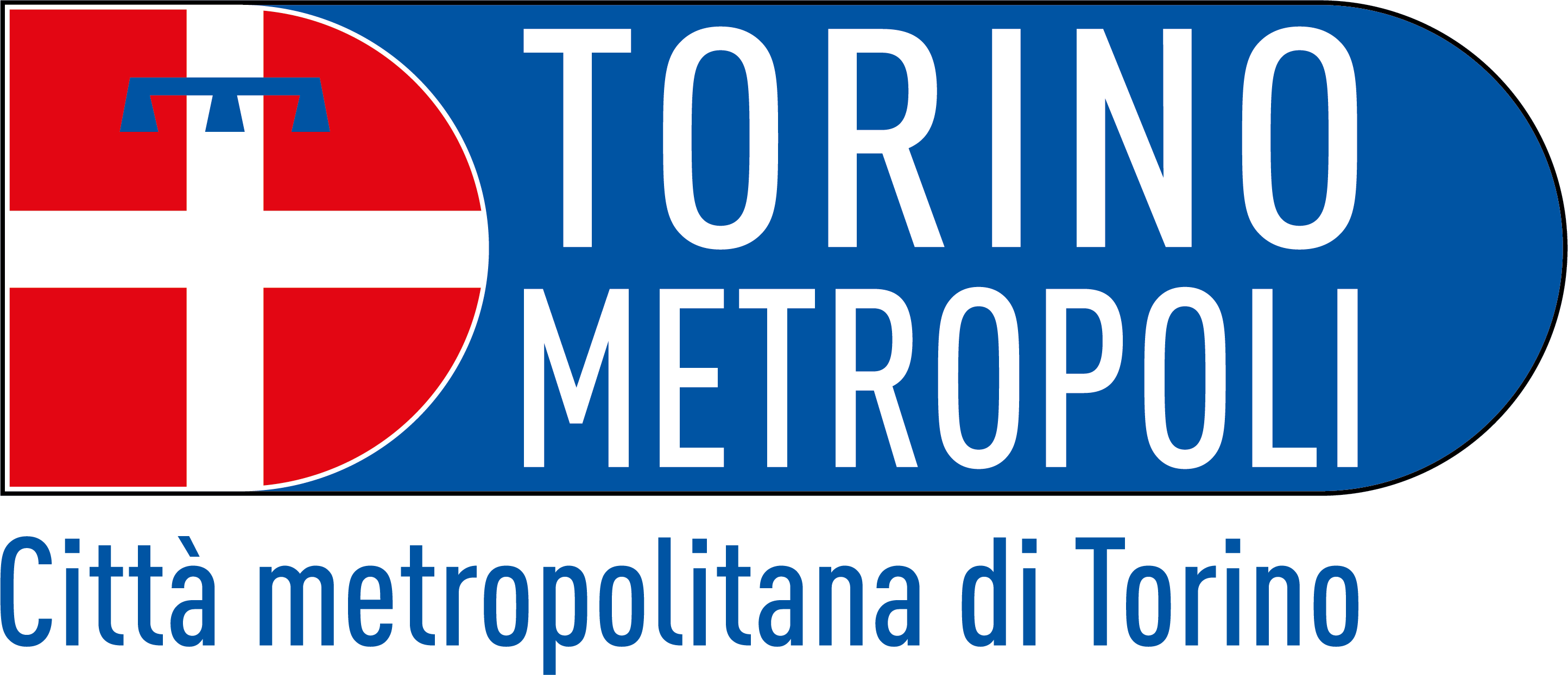In recent years, artificial intelligence (AI) has revolutionised many sectors, including waste management. The adoption of advanced AI-based technologies is helping to improve the efficiency of collection, sorting and recycling processes, contributing to a more sustainable and circular system. One of the most promising areas where these new technologies can make a difference is in the optimisation of waste collection. Through the use of predictive algorithms and IoT sensors installed in bins, administrations can monitor the fill level in real time and thus optimise the routes of collection vehicles, reducing costs and CO2 emissions. Similarly, the sorting sector is also benefiting from the potential of AI. Systems based on artificial vision and advanced robotics are able to recognise and separate recyclable materials with greater precision than traditional methods. This makes it possible to increase the quality of what is recovered.
This is the context for the ‘Reclaim’ project, led by the Foundation for Research and Technology- Hellas, which has developed a mobile plant for robot-assisted sorting of plastic waste and artificial intelligence. This technology will be presented at the Plastics Recycling Show Europe event in Amsterdam on 1 and 2 April. The solution involves placing containers in remote areas or areas subject to variable waste production flows with the aim of making their collection and management more efficient. An initial trial will be carried out on a number of Greek islands most frequented during the peak tourist season. These areas have been identified in response to seasonal variations in waste production: in low season periods, the significant drop in volumes makes the presence of real large installations unnecessary. The robots, operating inside the containers, are equipped with gripping hands and vision systems that enable material recognition and facilitate precise and accurate sorting of plastic waste. If the model proves successful, it can be replicated in other areas with similar sensitive characteristics.
Another positive example is the “ZRR for municipal waste” project, funded by the European Institute of Innovation and Technology Climate-KIC, which tested the use of AI-equipped automata to recognise and sort municipal waste. The robots, developed by the Finnish start-up ZenRobotics, a pioneer in the application of AI to waste sorting, were tested at a facility in Barcelona with promising results. The system recognises and distinguishes materials such as wood, plastic, non-ferrous metals and aggregates. The waste is analysed in real time and accurately separated through machine learning algorithms, optimising the recovery of resources. The experiment has in fact demonstrated a significant improvement in recycling rates and in the quality of recovered materials.
Within the national context, a noteworthy project in the field of AI is the one developed by the Genoese start-up Hiro Robotics in partnership with Iren UP (read also: Hiro Robotics' unique approach). Through a patented system of robot guidance by means of artificial vision, it has been possible to improve and make efficient the management of electronic waste (WEEE), specifically monitors and flat-screen TVs, reducing disassembly times and optimising the percentage of material recovered.
Despite progress, challenges remain, such as the high initial cost of implementation and the need for specialised training to manage these technologies. However, the potential of AI in waste management is enormous, and its development will continue to play a key role in the transition to an increasingly circular and sustainable economy.
